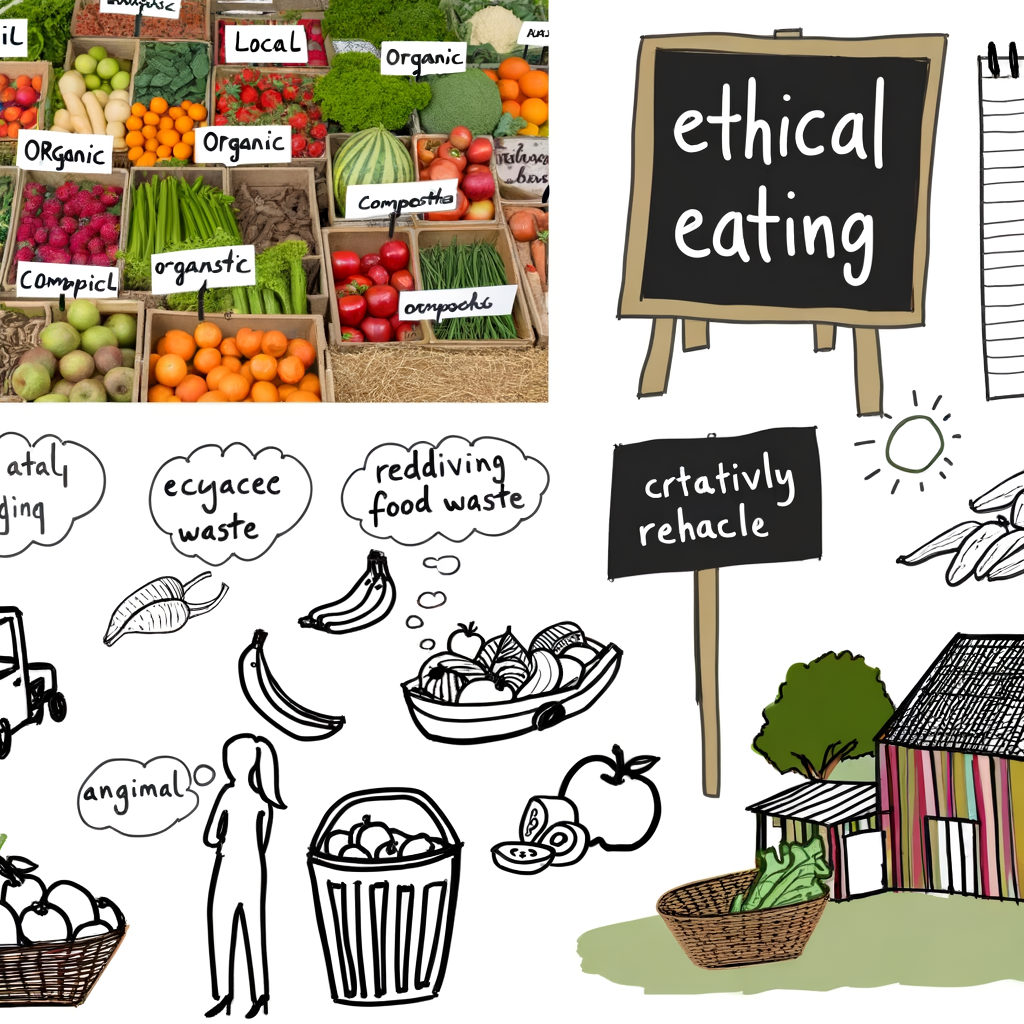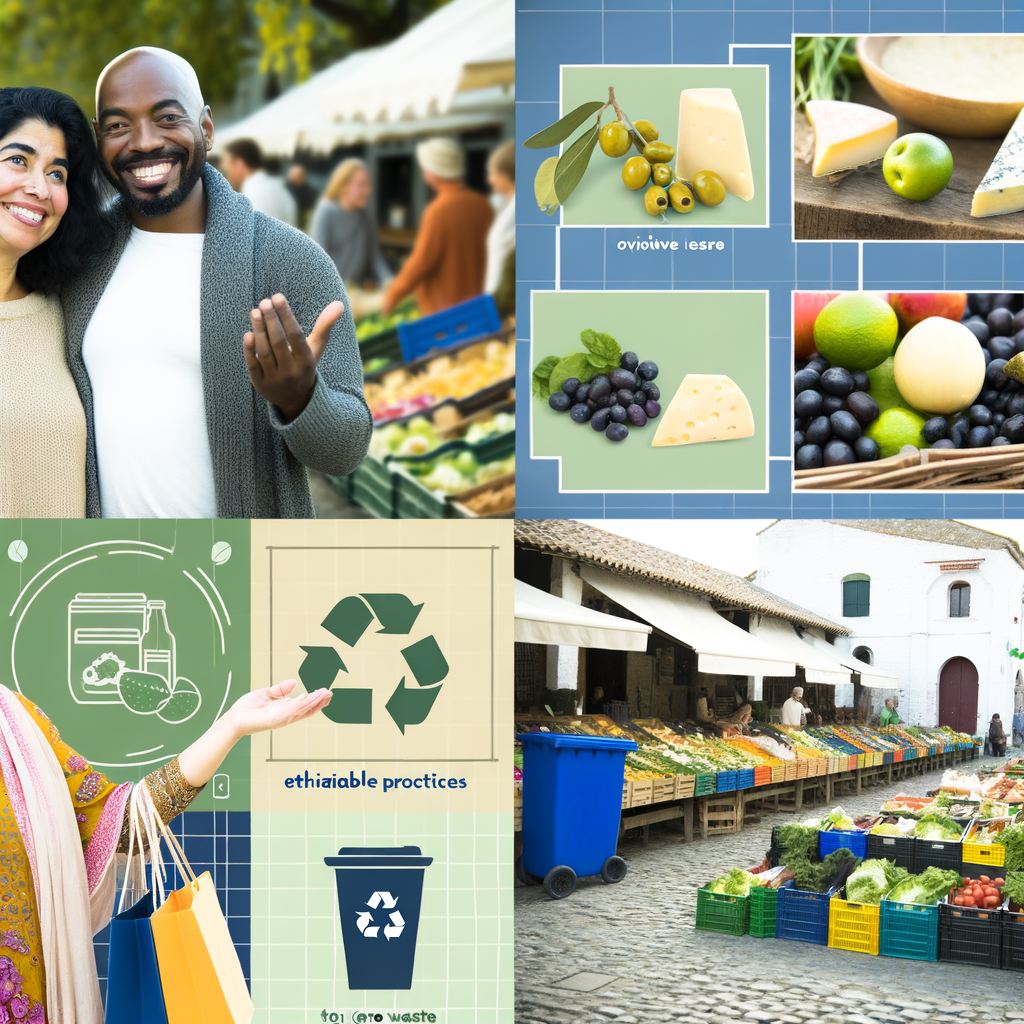As the world becomes increasingly concerned about the impact of human consumption on the environment, the concept of ethical eating has gained widespread attention. This movement aims to promote sustainable practices in food production and consumption, ensuring that our choices as consumers do not harm the planet.
One of the key principles of ethical eating is supporting local and organic food sources. By choosing to buy from local farmers and producers, we reduce the carbon footprint of our food and support the local economy. Organic farming also uses sustainable methods that do not harm the environment, making it a more ethical choice.
Another important aspect of ethical eating is reducing food waste. Around one third of all food produced globally is wasted, which not only contributes to greenhouse gas emissions, but also wastes valuable resources such as water and land. By being mindful of food waste and making use of leftovers, we can make a significant impact on the sustainability of our food system.
In addition to these practices, ethical eating also involves being conscious of the treatment of animals in the food industry. Supporting ethical and humane farming practices is crucial in ensuring the welfare of animals and promoting sustainable food production.
By embracing ethical eating and making sustainable choices, we can reduce our impact on the environment and promote a more sustainable food system. Let’s all do our part in creating a better future for our planet and our communities.





